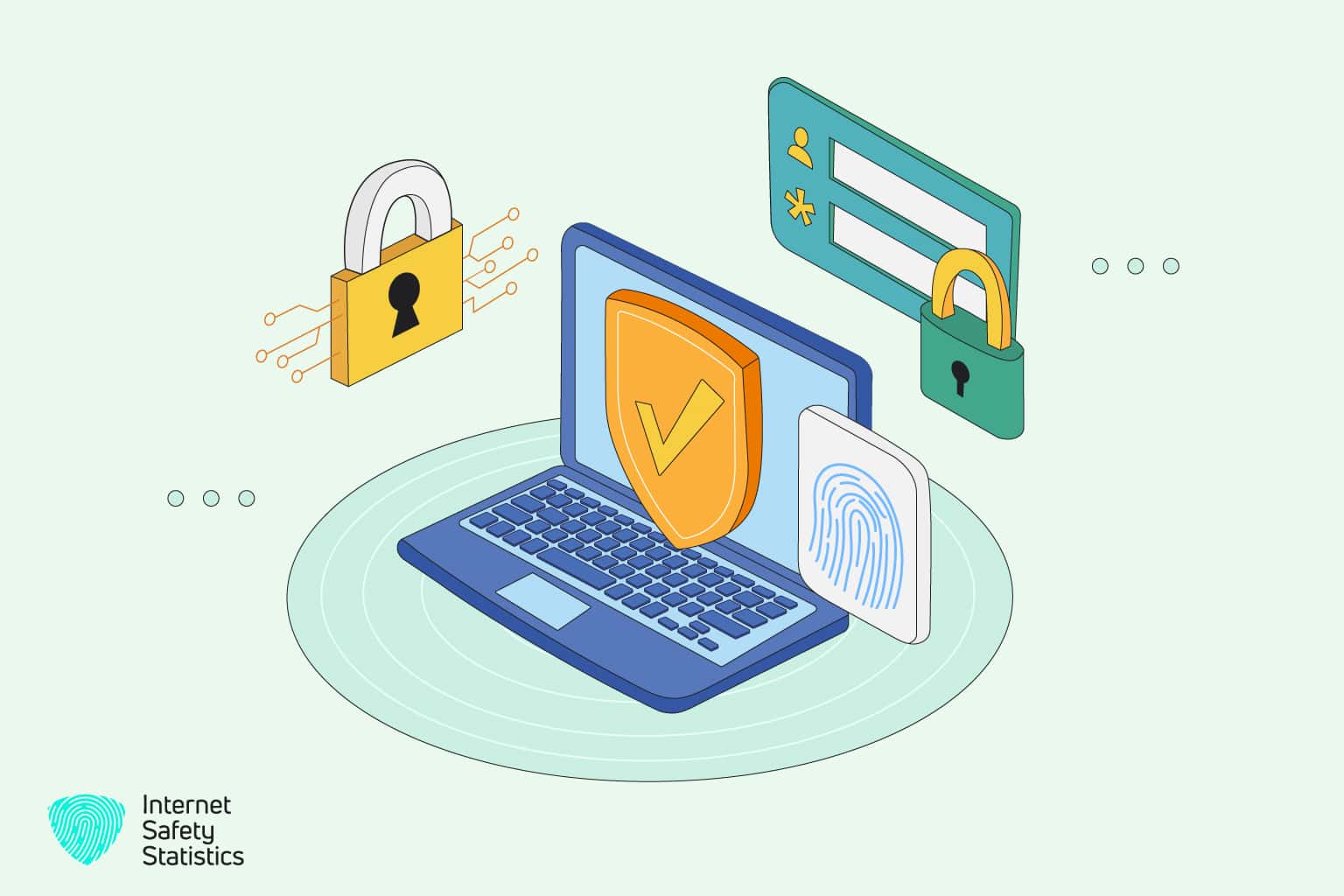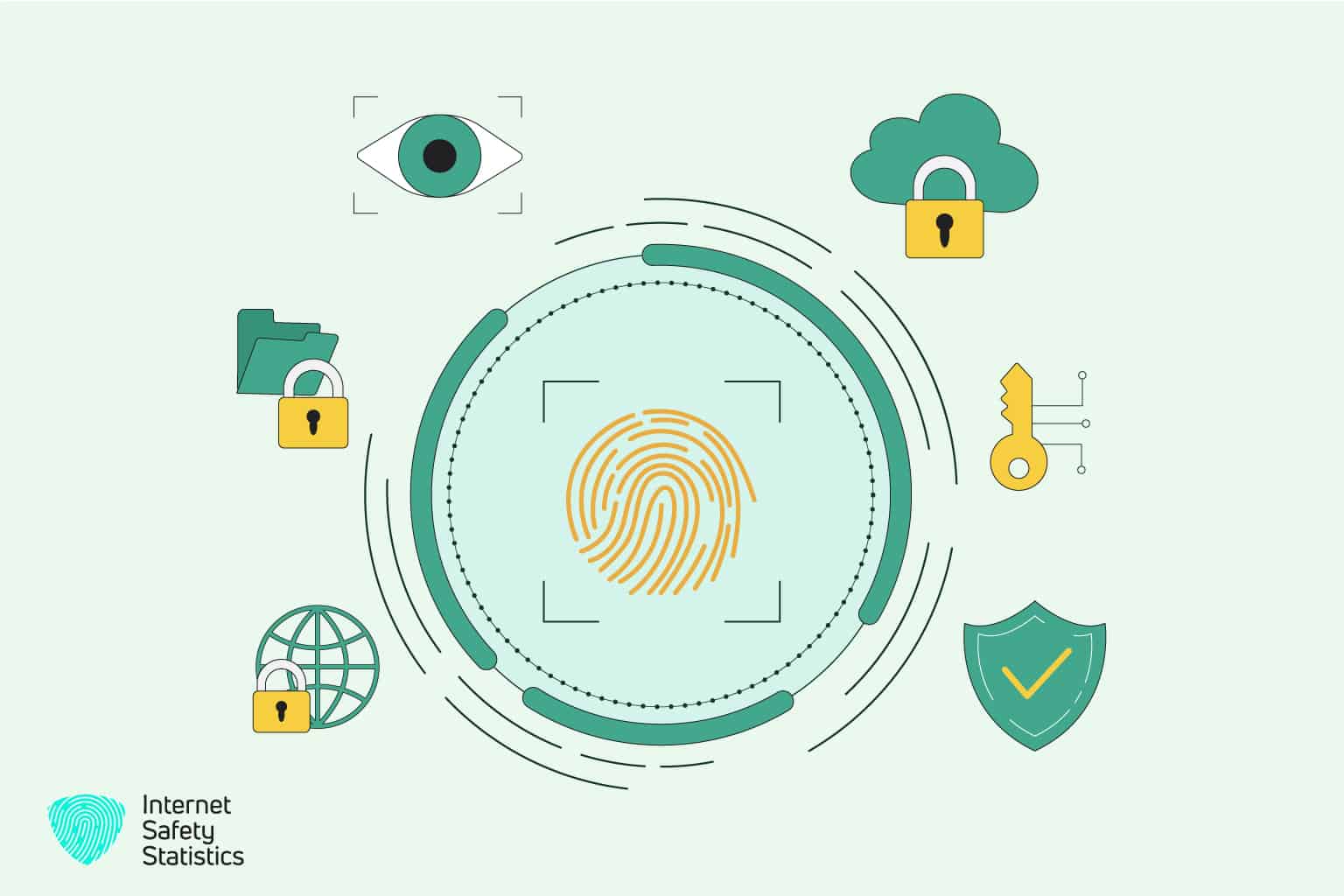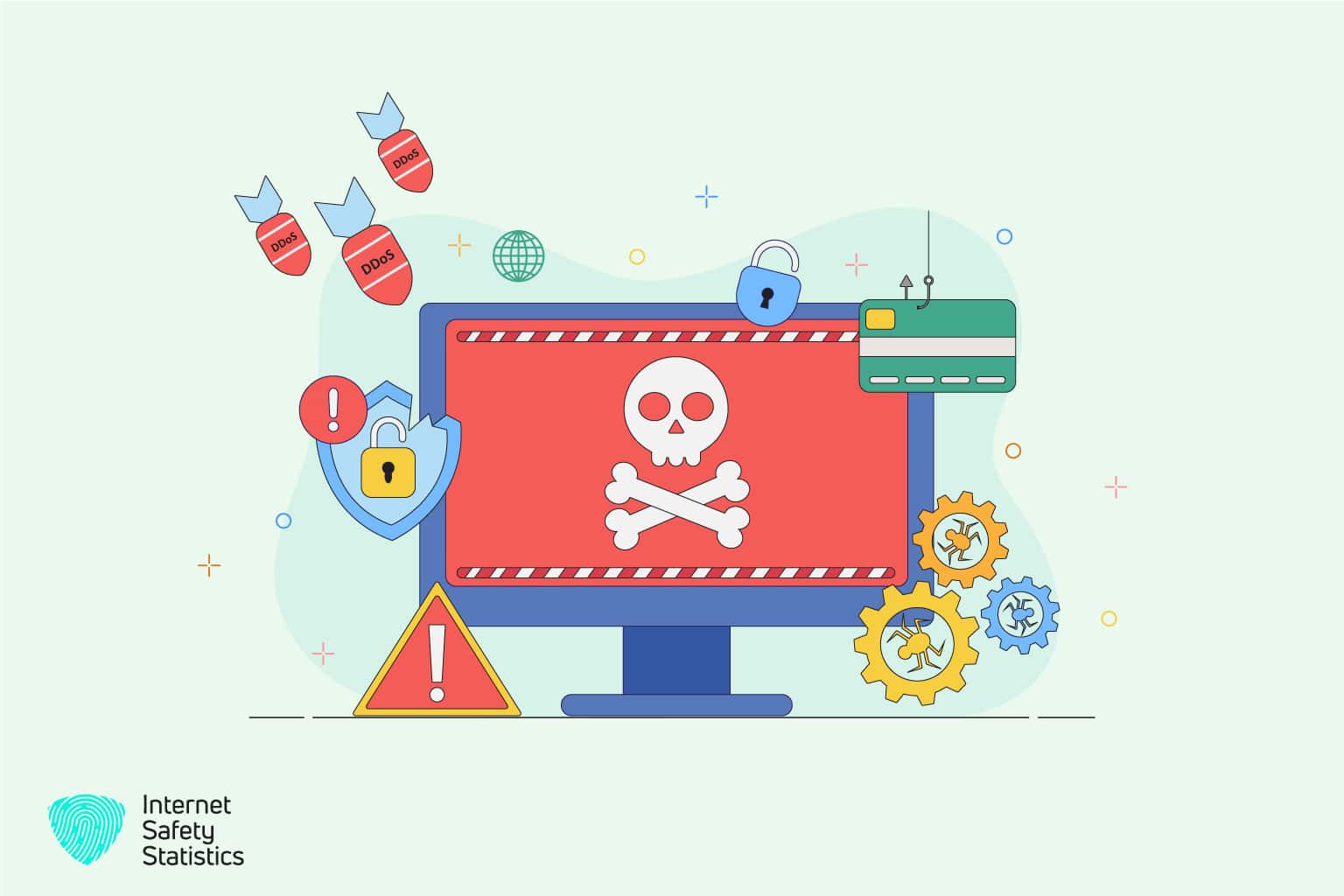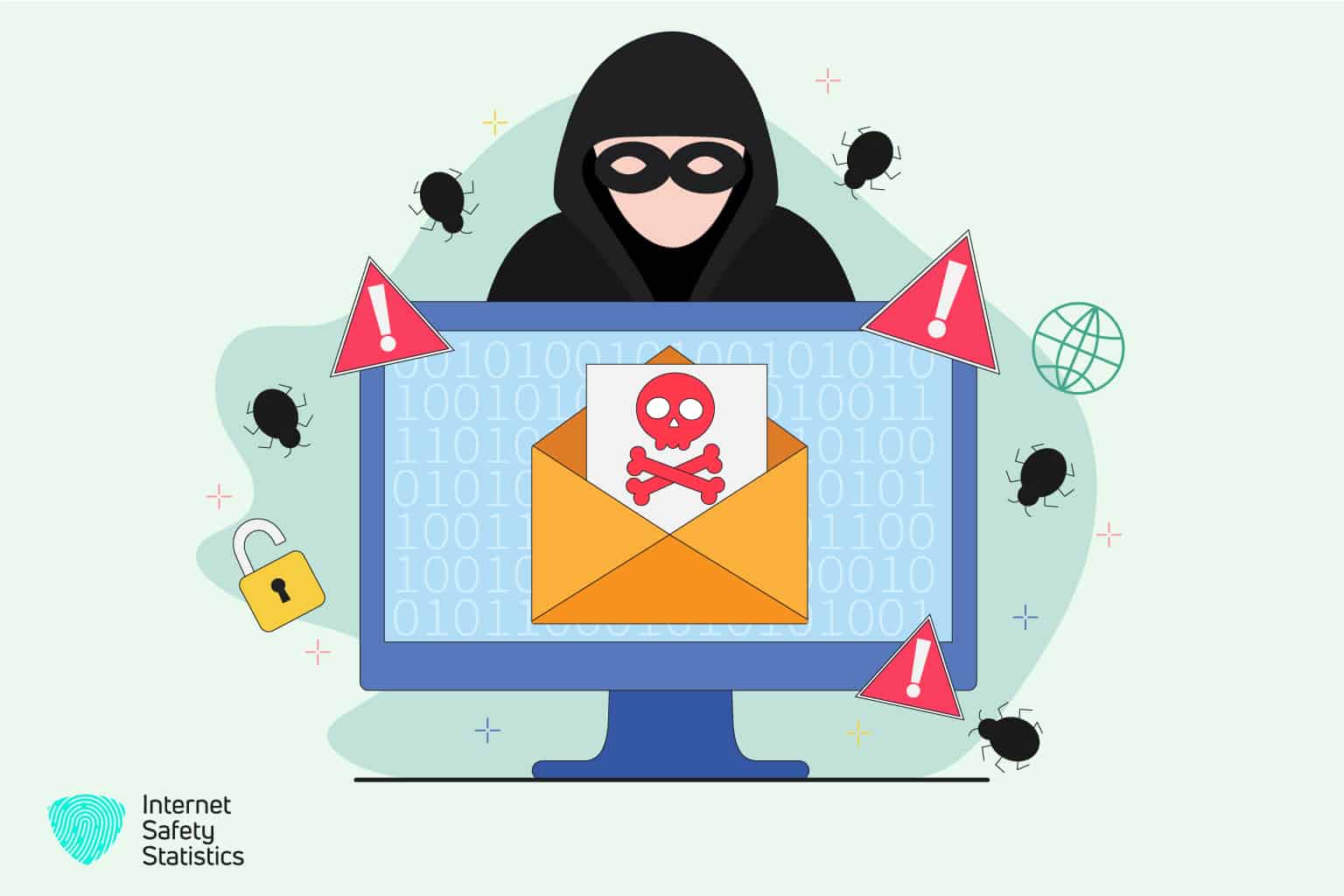
Cybersecurity laws protect computer systems, networks, and confidential data from unauthorised entry, use, disclosure, disruption, alteration, and destruction. These Cybersecurity laws are designed to prevent cyber-attacks and ensure the privacy and security of sensitive information.
Cybersecurity laws are necessary because of the growing number of daily cyber threats and attacks that businesses, governments, and individuals face. These threats can cause notable financial losses, reputational damage, and even physical harm. Cybersecurity laws help to establish guidelines for companies, organisations, and individuals to follow to reduce their vulnerability to cyber-attacks and to ensure that they take necessary steps to protect sensitive information.
Cybersecurity laws cover a range of issues, including data protection, cybercrime, intellectual property, privacy, and national security. They can include regulations on the use of encryption, the protection of personal information, the reporting of data breaches, and the punishment for cybercrimes. Cybersecurity laws constantly evolve to keep pace with new threats and technologies, varying by country and jurisdiction.

What are the Policy Governs of Cybersecurity?
Organisations, governments, or other entities typically develop and implement cybersecurity policies to establish guidelines, standards, and procedures for protecting their computer systems, networks, and data from cyber threats. The policy may vary depending on the type of organisation or industry, but some common policies that govern cybersecurity include the following:
- Information Security Policy: This policy establishes the security measures required to protect an organisation’s information assets from unauthorised access, use, disclosure, modification, or destruction.
- Access Control Policy: This policy defines the procedures for controlling access to an organisation’s computer systems, networks, and data.
- Incident Response Policy: The notification, enquiry, and containment steps that must be taken in the case of a cybersecurity attack are all outlined in this policy.
- Acceptable Use Policy: This policy defines the rules for using an organisation’s computer systems, networks, and data and the consequences of violating these rules.
- Data Protection Policy: This policy establishes the procedures for protecting an organisation’s sensitive data, including encryption, backup, and recovery.
- Disaster Recovery Policy: This policy outlines the procedures for recovering an organisation’s computer systems, networks, and data in the event of a disaster, such as a natural disaster or cyber-attack.
- Risk Management Policy: This policy defines the procedures for identifying, assessing, and mitigating cybersecurity risks to an organisation.

These policies are usually based on industry best practises and guidelines, such as those established by organisations like the National Institute of Standards and Technology (NIST) or the International Organisation for Standardisation (ISO).
What Are the Three Rules of Cybersecurity?
The three basic rules of cybersecurity are:
- Confidentiality: Confidentiality means keeping sensitive data and information private and secure; this involves limiting access to data only to authorised individuals who need it to perform their job duties and protecting data from unauthorised access or disclosure. Confidentiality is usually achieved through access controls, encryption, and other security measures.
- Integrity: Integrity means ensuring that data and information are accurate and trustworthy and have not been modified or tampered with; this involves protecting data from unauthorised modification or deletion and ensuring that data is protected during transmission and storage. Integrity is typically achieved through data backups, access controls, and data validation techniques.
- Availability: Availability means ensuring that data and information are accessible to authorised individuals when needed; This includes protecting data against unauthorised disturbance or denial-of-service attacks, making sure that data is backed up and recoverable in the event of a catastrophe or system failure, and making sure that systems are kept and updated to avoid outages or service disruptions.

Confidentiality, integrity, and availability, also known as the “CIA triad,” are the three guidelines that comprise the foundation of cybersecurity and are essential for safeguarding computer systems, networks, and data from online dangers.
What are the 5 Cybersecurity Laws?
There are no specific “5 laws of cybersecurity”, as cybersecurity laws vary by country, jurisdiction, and industry. However, here are five key principles that are often cited as fundamental to cybersecurity:
- Defence in Depth: This principle involves layering security measures throughout an organisation’s systems and networks to create multiple layers of protection against cyber threats; this includes firewalls, antivirus software, intrusion detection and prevention systems, access controls, and data encryption.
- Least Privilege: Giving people access to only the information and resources they need to carry out their jobs aligns with this concept, which reduces the risk of unauthorised access and aids in preventing unintentional or malicious data leaks.
- Continuous Monitoring: This principle involves constantly monitoring systems and networks for unusual activity or threats; this includes monitoring system logs, network traffic, and user behaviour to identify potential threats and take appropriate action.
- Incident Response: It falls under this concept when planning a response to cybersecurity events, such as data breaches or cyberattacks. Procedures for reporting and looking into incidents, containing harm, and recuperating from incidents should all be included in the plan.
- Awareness and Training: This principle involves educating individuals within an organisation about cybersecurity risks and best practises; this includes training on password security, phishing scams, and other cybersecurity threats, as well as conducting regular security awareness training to reinforce best practises and help prevent cyber-attacks.

Which Act Violates Cybersecurity?
Various acts can violate cybersecurity depending on the specific laws and regulations in a particular country or jurisdiction. Here are a few examples of acts that can violate cybersecurity:
- Hacking: Unauthorised access to computer systems or networks intending to disrupt, modify, or steal data violates cybersecurity laws.
- Malware: Introducing malicious software or code onto computer systems or networks intending to disrupt or steal data violates cybersecurity laws.
- Phishing: Sending emails or other messages that appear to be from legitimate sources intending to deceive individuals into providing sensitive information or clicking on links that can install malware or steal data violates cybersecurity laws.
- Denial of Service (DoS) Attacks: Overloading computer systems or networks with traffic or other requests intending to disrupt services or cause downtime violates cybersecurity laws.
- Data Breaches: Unauthorised access to or disclosure of sensitive data, such as personal or financial information, violates cybersecurity laws.
These are just a few examples of acts that can violate cybersecurity laws. The specific laws and regulations related to cybersecurity may vary depending on the country or jurisdiction. Still, any action compromising the confidentiality, integrity, or availability of computer systems, networks, or data can violate cybersecurity laws.
Are Cybersecurity Laws Differing from One Country to Another?
Yes, cybersecurity laws can differ from country to country. Each country has its own set of laws and regulations related to cybersecurity, which may be influenced by factors such as the country’s legal system, political environment, and technological development. For example, some countries may have stricter data protection laws or stronger penalties for cybercrimes than others.

In addition, different industries or sectors may also be subject to different cybersecurity regulations. For example, the healthcare industry may have specific regulations around protecting patient data, while the financial industry may have regulations related to preventing fraud and protecting customer financial information.
Conclusion
International cybersecurity laws and regulations are also important, as cyber threats often transcend national borders. For example, the European Union’s General Data Protection Regulation (GDPR) applies to any organisation that processes the personal data of EU citizens, regardless of where the organisation is located.
Therefore, it is important for organisations to be aware of the cybersecurity laws and regulations that apply to their operations, both domestically and internationally, and to take steps to comply with those laws and regulations to protect themselves and their customers from cyber threats.
